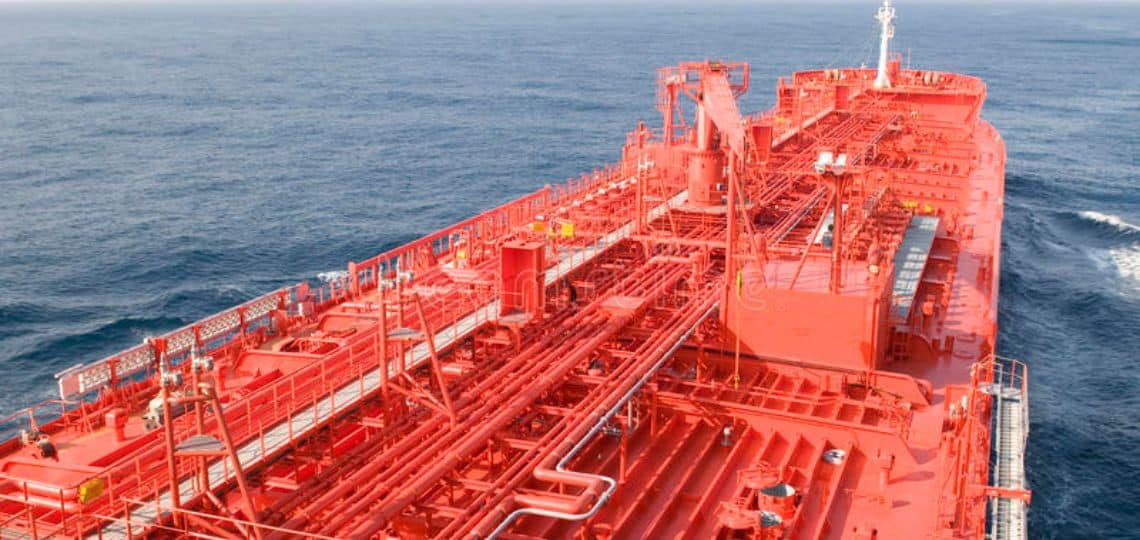Transportation costs for crude oil purchased by Indian refiners have exceeded the cap set by Western countries and Australia, according to a U.S. official. Transportation costs have increased as oil has moved greater distances to Asian markets rather than to Europe, which prohibits most Russian seaborne cargoes. Some Russian traders and energy companies are seeking non-dollar payments for certain niche grades of Russian oil. The cap has helped reduce Russian energy tax revenues by 42% since last February.
With transportation costs, crude oil shipments exceed the ceiling set by Western countries
The $60 per barrel cap set by the rich Group of Seven countries, the European Union and Australia for low-sulfur crude oil shipments has been exceeded by some shipments purchased by Indian refiners. This increase in costs is due to increasing demand for some cargoes while most remain below the cap.
China also purchased Russian crude from the East Siberian Pacific Ocean (ESPO) pipeline above the price cap level. Some Dubai-based traders and Russian energy companies Gazprom (GAZP.MM) and Rosneft (ROSN.MM) are seeking non-dollar payments for some niche grades of Russian oil that have sold above the ceiling price in recent weeks.
Russia is not reaping the benefits of higher transportation costs for crude oil
According to a U.S. official, Russia is not reaping the benefits of higher costs of some recent crude oil shipments purchased by refiners in India at a price above the ceiling price set by Western countries and Australia. Transportation costs have increased as oil has moved greater distances to Asian markets rather than to Europe, which prohibits most Russian seaborne cargoes.
The higher costs usually pay for Western services, such as Greek tankers and British insurers, while Russia gets no higher price because the oil itself was purchased at a discount to the international benchmark Brent and below the cap.
Crude oil cap helped reduce Russian energy tax revenues
The price cap was put in place to reduce Russia’s revenues during its war with Ukraine. According to a Treasury spokesman, a report released Wednesday by the International Energy Agency showed that the price cap was effective, resulting in a 42% drop in Russian energy tax revenues since February 2022, the month of the invasion of Ukraine, which is the main source of revenue for the Kremlin.






